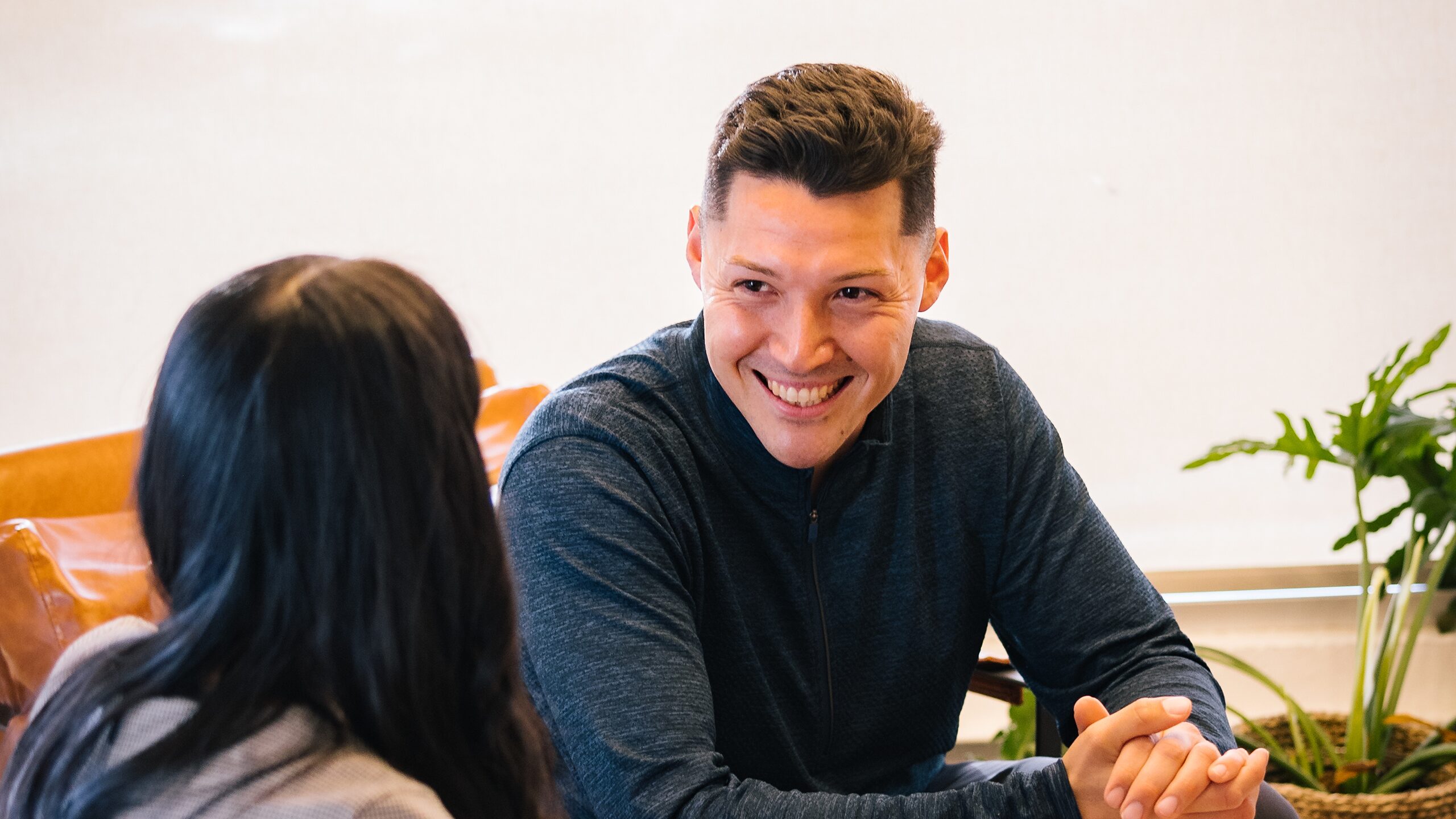Program at a Glance
Program
Law Studies, MLS
Format
Online
Total Units
30
Requirements
No GMAT or
GRE Required
Program Overview
Golden Gate University’s Master of Law Studies (MLS) is designed to provide graduates with a deep understanding of essential topics, major concepts, and core theories of law and legal studies to prepare them for legal-adjacent careers or a transition to law school. An MLS degree is ideal for non-lawyers pursuing careers that require advanced legal knowledge.
A wide range of careers today demand an understanding of law and legal principles, from corporate compliance and human relations positions to positions in government and social service agencies. GGU’s Master of Law Studies (MLS) degree prepares graduates for law-related careers that do not require a law license. MLS students learn to analyze and apply legal arguments and theories to everyday situations without the need to become a practicing attorney. MLS students gain a foundation in law and the critical thinking skills needed to work with lawyers and legal matters in legal-adjacent professions. MLS courses are taught by law faculty and students have access to all GGU School of Law academic resources. MLS courses are available in-person or online for students studying full- and part-time.
Admission Requirements
All applicants are encouraged to apply as early as possible during the admission cycle. To receive consideration by the Admissions Committee, applicants must submit their applications by the posted deadline. Applications may be accepted after the posted deadline and are reviewed on a space-available basis. Applicants are advised to read the application form thoroughly and follow the instructions carefully.
A complete MLS program application consists of the following:
- Completed Application Form
- Personal Statement/Statement of Purpose
- Resume or Curriculum Vitae (C.V.)
- Letter(s) of Recommendation
- Required Transcripts (translated if not in English)
Curriculum
In addition to the core courses listed above, which must be taken by all students, students may choose from a wide range of electives for courses covering in-demand legal topics, such as:
Career Opportunities
In today’s market, there is an increasing demand for experts with advanced legal knowledge but without a JD. MLS graduates can use their knowledge and skills in a variety of professional legal settings for non-lawyers, including, but not limited to: legal assistant, contracts officer, management consultant, compliance officer, government official, paralegal, corporate ethics officer, lobbyist, social worker, educator, public affairs specialist, human resources professional, court administrator, financial officer, health care administrator, grants officer, and many more.
Learning Outcomes
Graduates of the Master of Law Studies (MLS) program will have the knowledge and skills to:
- Apply legal analysis to critically interpret and explain legal issues;
- Demonstrate abilities to interpret and evaluate legal sources and fact-patterns to which those legal sources will be applied;
- Identify policy justifications for legal rules and principles;
- Apply existing legal responses to new problems and develop new legal theories and responses for new problems;
- Analyze and interpret the economic policy justifications for existing legal rules and regulations and explore those rules and regulations in analysis of novel fact patterns;
- Think critically about the ethical choices those employed in legal professions are required to make;
- Apply ethically sound principles and values to ameliorate and/or mitigate real-world personal and/or professional challenges;
- Demonstrate ability to research legal questions by locating, evaluating and applying appropriate sources to a wide range of legal questions;
- Draft basic legal documents that are clear, concise and thorough to address the defined task; and
- Demonstrate an ability to conduct oral arguments in defense of client interests and, conversely, to respond critically to an adversary’s position.

